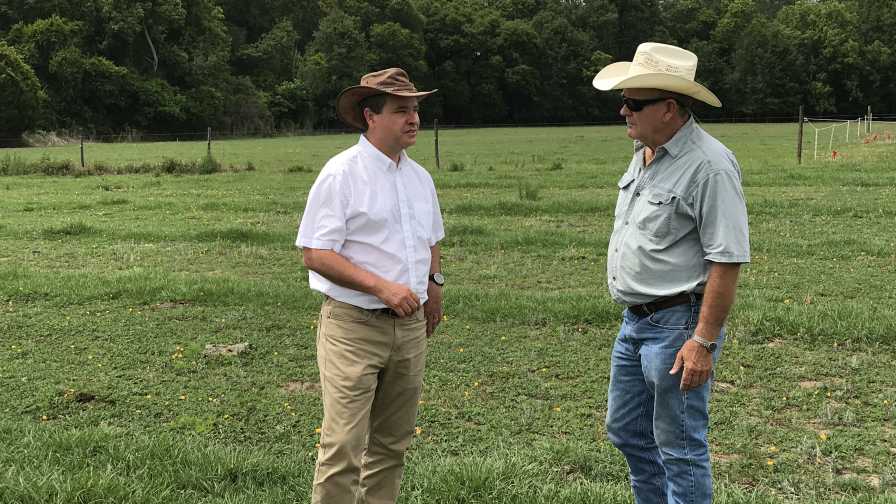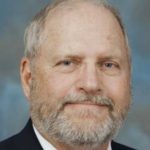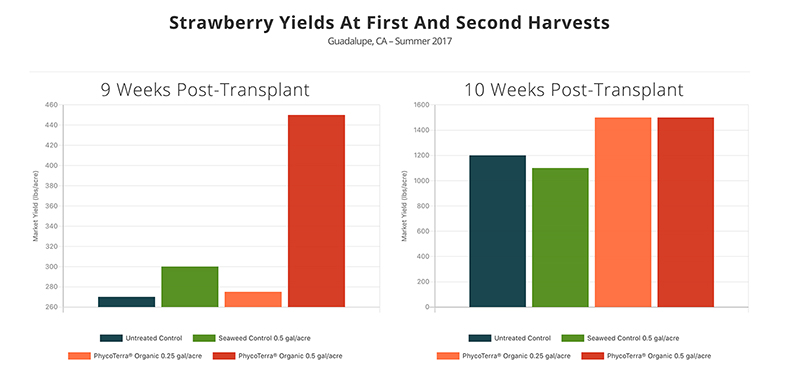Florida Farming and University Extension Grow Hand in Hand [Opinion]

Jose Dubeux of the UF/IFAS North Florida Research and Education Center [left] and rancher Mack Glass personify the essential connection between farmers and University Extension.
Photo courtesy of UF/IFAS
Then he helped me get that expert. Mack, a member of Florida Farm Bureau’s Beef Advisory Committee and a leading champion of Panhandle agriculture, was among the cattlemen who walked the halls of the Capitol to advocate for funding for new scientists specializing in livestock. I included the Panhandle position on our wish list because of Mack.
The legislature funded it. Mack then came to the UF Institute of Food and Agricultural Sciences North Florida Research and Education Center in Quincy for a seminar by a promising job candidate.
After Jose Dubeux finished, Mack again introduced himself with a question for his new acquaintance. Could he make perennial peanut grow in a bahiagrass pasture?
That could save thousands in fertilizer costs. Also, perennial peanut could help keep more nitrogen in the soil and away from the water below. Running a century-old family ranch, Mack takes pride in caring for the land and demonstrating to a skeptical public that ranches provide open space, wildlife habitat, pollinator health, flood control, and groundwater recharge.
USDA’s Sustainable Agriculture Research and Education initiative funded Jose’s work putting perennial peanut down in strips at Mack’s Cherokee Ranch and three other ranches and attending to it so it spread to the entire pasture. It has helped innovators like Mack overcome one of the highest hurdles to adopting a new technology – the upfront investment.
It’s an important advance in Jose’s larger campaign to turn the Panhandle into a place where cattle can graze year-round. That would produce staggering savings on feed costs.
Jose’s success with grants means he has graduate students he can deploy to Cherokee or other ranches. And Mack can ask Jose for help at the community recreational fields while Mack’s grandkids and Jose’s children are at a game.
Jose knows that in every one-on-one relationship, he is UF/IFAS, and Mack is the farming community, and that by serving Mack, he’s serving the industry. Jose the researcher discovers and innovates in the lab and on the Cherokee Ranch. Jose the state Extension specialist takes those discoveries to the farm, to field days, to online how-to documents, and to Farm Bureau events.
The connection between IFAS research and Extension is seamless when it’s in the hands of a scientist who’s a master of both. The connection between the IFAS research agenda and Farm Bureau members’ needs is strongest when a supporter and user of science such as Glass partners with a solutions-minded and service-oriented faculty member such as Dubeux.
Jose’s Extension work is promoting the environmental and economic health of the Cherokee Ranch past the 100th anniversary it marked in December.
That centennial makes the ranch just a year younger than an institution to which it owes part of its success: the Cooperative Extension Service.
Extension has always been a two-way street. Our county agents, our state specialists such as Jose, and Dean Nick Place listen as well as they lecture.
I’m glad I listened to Mack. It resulted in UF/IFAS recruiting a scientist who will contribute to Panhandle agriculture for possibly decades to come. It has also helped us identify how we can make a positive impact on Florida by addressing challenges related to production agriculture.










